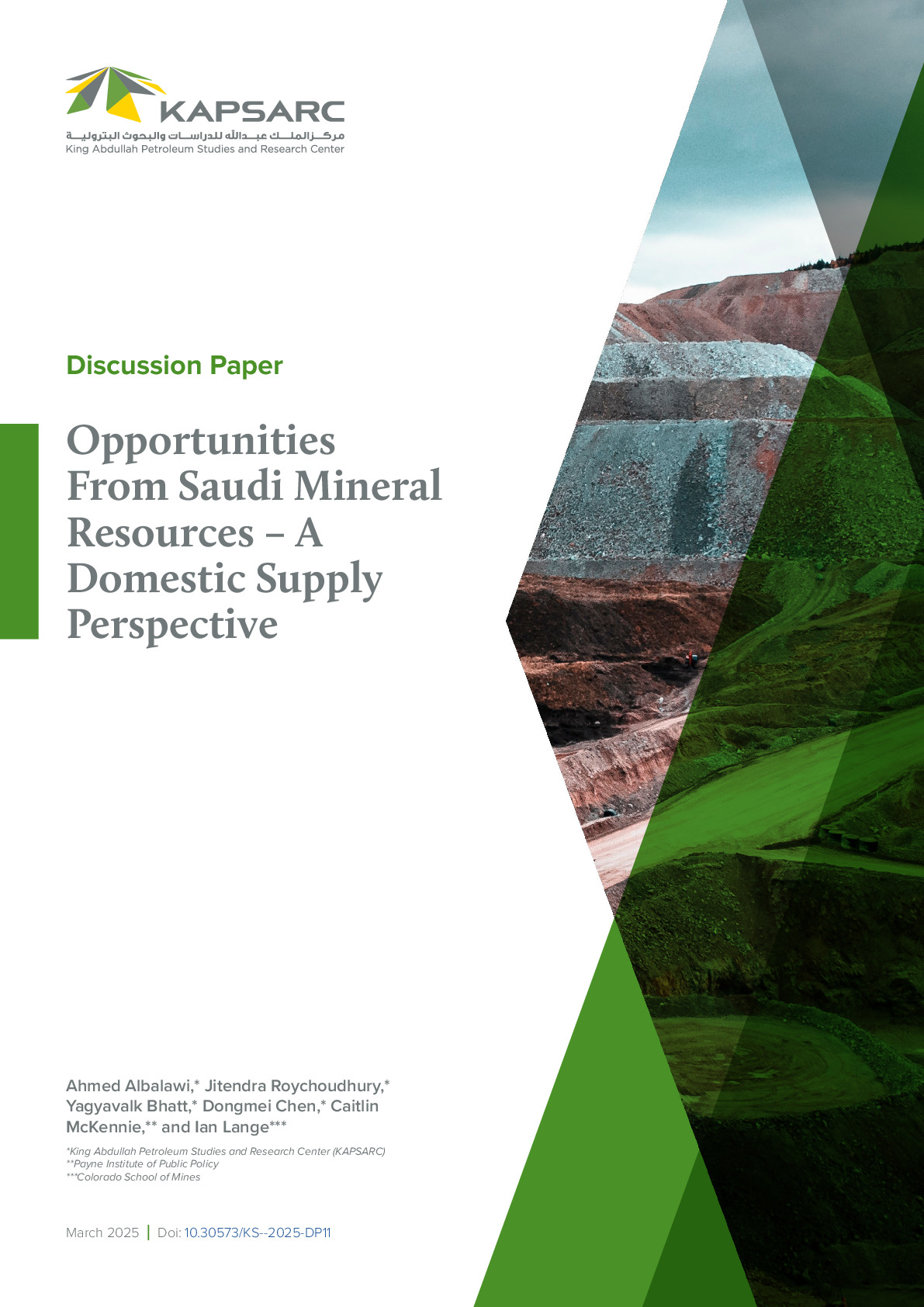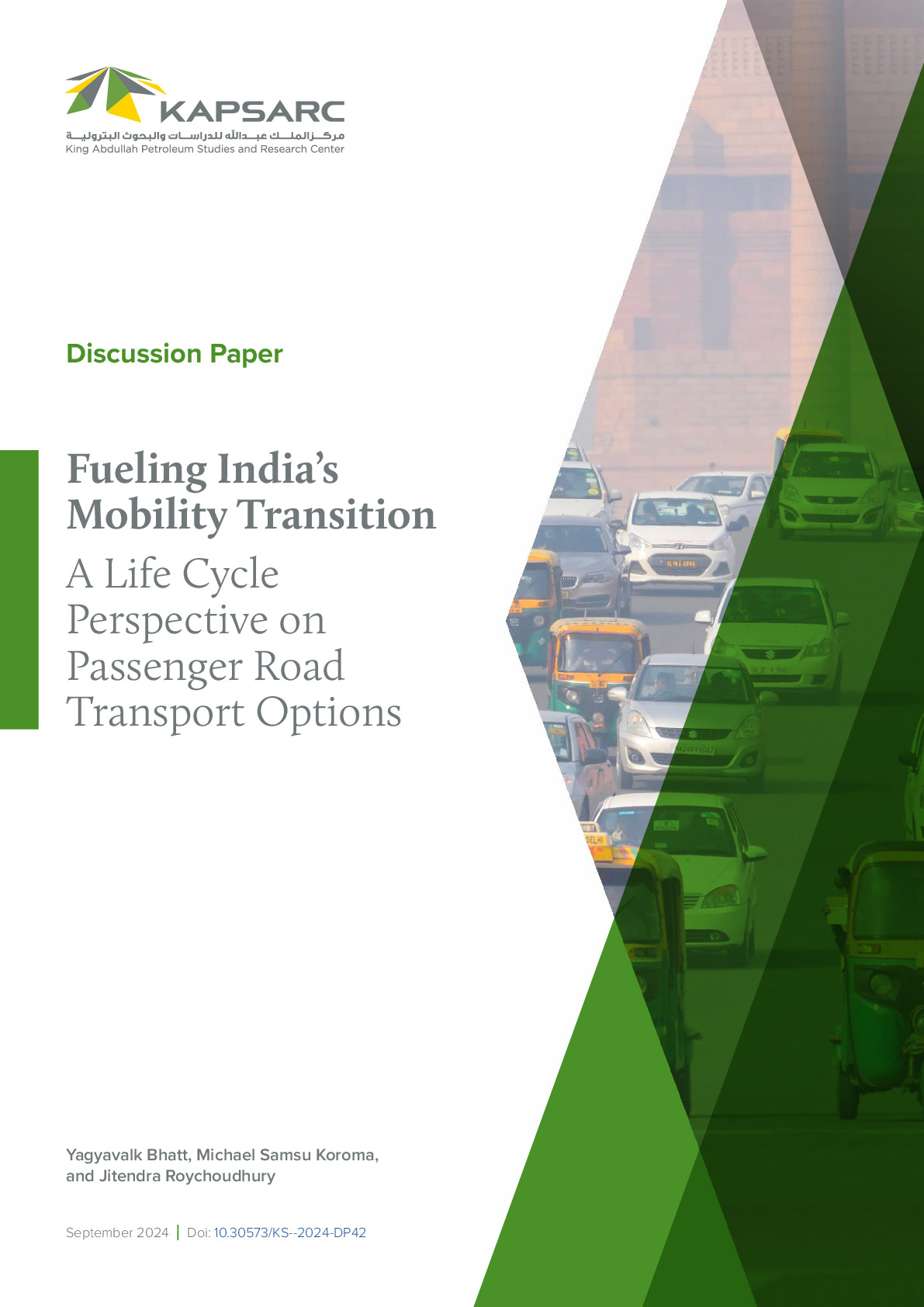The global demand for critical minerals required in clean energy transition technologies faces challenges due to supply chain disruptions, geopolitical tensions, and environmental costs. The concentration of mineral processing, refining, and manufacturing capacities within specific geographies poses risks, prompting governance initiatives like the EU’s Critical Raw Materials Act and the US’s ‘Securing a Made in America Supply Chain for Critical Minerals’ Act, among others. However, increasing domestic supply within the Group of Seven (G7) advanced economies is costly and time-consuming in permitting approvals and setting up greenfield processing and refining facilities. This policy brief argues that the G7 can leverage its existing economic and technological heft to align market forces to better address the issue of critical minerals availability and supply chain restructuring through increased commercial collaborations and forging complementary and cooperative arrangements within the existing G7 frameworks. Moreover, creating a strategic reserve would reduce concerns about supply disruption, allowing nations to leave more room for market forces.

Principal Fellow- Utilities & Renewables
Jitendra Roychoudhury is a Principal Fellow in the Utilities and Renewables program. His ongoing research portfolio at KAPSARC covers various…
Jitendra Roychoudhury is a Principal Fellow in the Utilities and Renewables program. His ongoing research portfolio at KAPSARC covers various global and regional economic, energy, and geopolitical issues, policy developments, and the impact of such policies on international energy markets. Before joining KAPSARC, Jitendra was Director and Chief Consultant at HDR Salva, India. He has worked extensively as a commodity consultant within India’s energy and infrastructure sectors, advising on developing commodity market entry strategies. He has authored and contributed to numerous consulting studies on coal and coal policy in India, Indonesia, and China. Jitendra has a bachelor’s degree in Mechanical Engineering from the University of Pune, India, and a Post-Graduate Diploma in Business Management from Welingkar’s Institute of Management, Mumbai.
Expertise
- Energy policy
- Energy markets
- Electricity markets
- Commodity markets
- Cross-border electricity trading
- Geopolitics of energy and commodity trading
- Coal and alternative solid fuels
- Hydrogen
- Critical minerals
- Supply and value chains
- Geothermal energy
Publications See all Jitendra Roychoudhury’s publications

Opportunities From Saudi Mineral Resources – A Domestic Supply Perspective
The global demand for critical minerals required in clean energy transition technologies faces challenges due…
21st March 2025
Fueling India’s Mobility Transition: A Life Cycle Perspective on Passenger Road Transport Options
The global demand for critical minerals required in clean energy transition technologies faces challenges due…
30th September 2024
